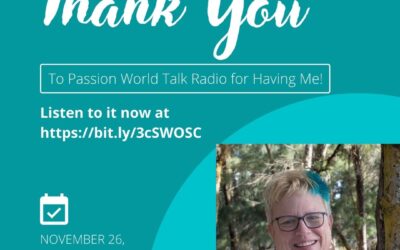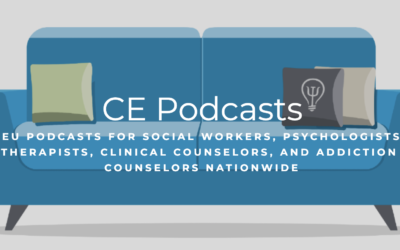We all want to be the very best we can be with and for our clients. We look for extra education to ensure our skills are where there need to be. We consult with colleagues. We check our boundaries and work with those who fit our practices.
But not every client is meant for therapy, and not every grieving person needs formal support. I realize it may seem a bit crazy for me to be saying that as a grief therapist, but it is one of my deepest beliefs. Grief is a normal response to an abnormal situation. It happens, and it will happen again in all of our lives. But it so not a pathology. It’s a reaction.
Granted, some of our clients have not coped well in the past, and some have a prior history of mood disorders or anxiety. For them, grief may be a trigger that creates a bigger response. Their family issues related to the death may be overwhelming and be better served by a short course of therapy.
Many, however, are, simply, grieving. They need to recover. They need to incorporate the loss into their lives, rework around the new reality, and get to the point where they are missing, but not grieving (in Jill vernacular). They will never “get over it” but they can, and do, recover.
In my work with hospice I cannot tell you how hard it was to get folks to attend a grief “support group.” Especially here in always busy Southern California, taking time out to grieve and talk in a group and to then return to daily life two hours later may not work. In fact, much of the time it does not work. If you ask, they will say they do not want to sit around with a bunch of sad people. They don’t want to share their loss. They are uncomfortable with both therapy and groups.
You know your client would benefit from more intensive grief work, and from interacting with others on their path. They are resistant. If you push too much they will disappear. How do I know this? I meet them online. I meet them through the funeral industry. I hear about them from funeral directors, who are hearing from them through their answering service and at their yearly holiday remembrance services.
Grievers operate on a different clock. They usually have trouble sleeping, and find 2am is when they are free to sit and think and let the emotions settle over them. They hear the well-intended comments from others and seal themselves off from them, and form their advice to seek some support (if you are that off base about what I am feeling, how dare you tell me I need a support group?). They may call around for a group- and they will find the vast majority operate through churches, and a belief system is required or included in the curriculum.
That’s why they need the help they identify in a manner that is comfortable for them. They want to have some control, because they had no control over the death. They want privacy, because they may have had enough of people for a while, or they may simply be an introvert. They want to not hear the stuff that they keep hearing from others. They want to meet others who know that two weeks after the funeral they are not “over it.” They want options ot meet who they are. Therapy may be it- or it may not be.
That’s why I created Your Path Through Grief. I am confident that if someone seeks me out at my office they are ready for therapy. I know my skills. But I also know that some who appear may find it too close, and seek something less intense, or less 1:1. I provide referrals to traditional groups, but most will not attend. If they do, they may be turned off or cared by people who have been grieving for years- they want to work through the grief, not make it their final destination.
So I took their thoughts, and those of others with recent losses, and funeral directors, and hospice staff, and my training, and sat down to write. YPTG is not a replacement for therapy- it can be a powerful adjunct. It provides 365 emails over the course of a year, timed to issues in the cycle of grief. It has a workbook based on my experience with loss and my work as a therapist. It has videos for those 2am moments. It provides education about what grief feels and looks like. It gives permission to smile while still crying. It has ideas for applying the loss to a positive outlet. It has blogs- especially when national events are likely to retrigger intense emotions. And it has an online group, where thoughts can be written and discussed without the eyes of their family and friends.
The program is not to replace a therapist. It is for those who do not need one, or who are seeing one but want another space to explore their process and to receive more support on a daily basis- something no therapist can do. It can also, incredibly enough, support a therapist who has experienced a recent loss. And it has resources just for therapists.
If you are doing grief work, remember we all have folks checking us out online, who watch but will never pick up that phone. Or it may take more than one push to get them to you. Resources on your page will make you accessible to them, and your practice a friendly place that offers help- even if you never meet.
Start where your client is. The hallmark of every therapist. It may not be in your office.




